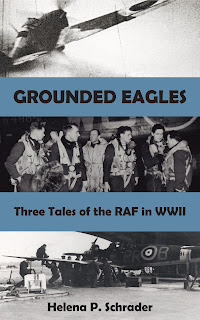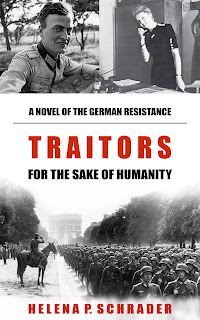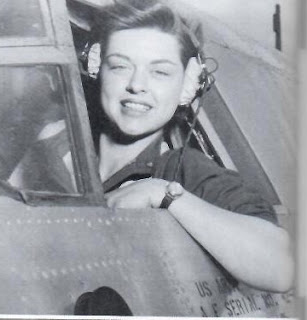Since the second grade, I have been inspired (not to say compelled) to write novels. I have never been able to explain why, nor how I ‘select’ the topics of my novels. The ideas for novels occur to me spontaneously, sometimes as very vague and ephemeral ideas, which I then refine and redefine at a rational level, sometimes very specifically as in the case of Kit Moran. No matter how much research and work I later put into a novel, the irrational and inexplicable manner in which the initial spark of inspiration occurs has always suggested to me that my novels were genuinely “inspired” not conceived.
With time, I came to realize that the process of creative writing is my way of communicating with God. Creative writing is not about asking God for something. It is not about me articulating my thoughts and feelings to Him. Rather, it is about receiving ideas, guidance and understanding. When I sit down to write, I open both my mind and my subconscious to inspiration. As I write, I am almost always surprised and excited by the unexpected reactions of my characters. They then become my teachers, giving me new insight into human nature. Again and again, I have felt a wonderful sense of awe at the end of writing a scene, a chapter or a book, when suddenly I start to understand things that I had not rationally grasped when I started writing.
Because I am an imperfect human being, I do not always understand what I “hear,” nor do I always have the skill to describe and convey to readers the insights I have gained during the process of writing. Nor do I claim that my insights are relevant to everyone. We all have an individual relationship with the Divine, and we must all communicate with Him in our own way. Nevertheless, I firmly believe that like a good meal or a beautiful building, a divinely inspired work of fiction is something that can comfort, sustain and inspire more than just the creator. For that reason, I share the products of my “prayers” – my books – with others.
they took the war to Hitler.
Their chances of survival were less than fifty percent.
Their average age was 21.
This is the story of just one bomber pilot, his crew and the woman he loved.
It is intended as a tribute to them all.
or Barnes and Noble.

"Where Eagles Never Flew" was the the winner of a Hemingway Award for 20th Century Wartime Fiction and a Maincrest Media Award for Military Fiction. Find out more at: https://crossseaspress.com/where-eagles-never-flew
For more information about all my books visit: https://www.helenapschrader.com










.jpg)








